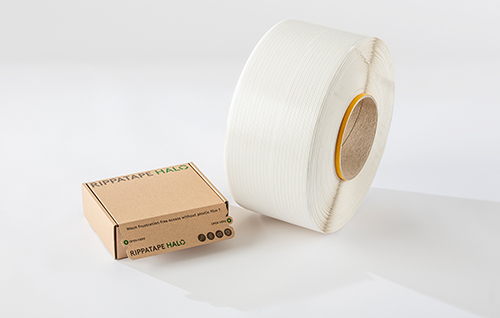Essentra Tapes is calling on the packaging industry to harness the power of collective intelligence in generating the sustainable packaging solutions of tomorrow.
E-commerce presents new challenges in shipping and packaging. Once, consumers shopped online through choice; a year ago, it was through necessity, and now it is a consumer habit that is unlikely to recede. Increased pressure for sustainability has generated a growing appetite for innovation. Consumers demand and expect – and will even pay more for – sustainable products. This is especially the case with packaging. Essentra Tapes says that it is well versed in helping brands and suppliers move the needle on the sustainability agenda.
“We want to be a place that unites hands-on solutions for today with inventive solutions for tomorrow,” said Ian Beresford, Head of Marketing & Development, Essentra Tapes. “We’re a one-stop shop for those seeking best-in-class sustainable, practical, and adaptable packaging solutions that can be implemented fast.”
Several e-commerce giants are already utilising Rippatape® Halo, a paper-based tear tape, which joins the ECO Range of products. It is externally certified as recyclable with paper achieving an A+ level via the Italian National Recyclability Standard: UNI 11743 and MC 501: 2017 criteria.
“Essentra Tapes believes in the power of tear tape and is ready to collaborate for a brighter future,” added Beresford. “We endevour to unite the hands-on solutions for today with inventive solutions for tomorrow. We help businesses understand the barriers to change and cultivate a reinvention mindset that will make you impervious to disruption. Circularity is primarily a consequence of the decisions made at the design stage. Waste and pollution should be seen through the lens of design flaws rather than an inevitable result of manufacturing. Replacing problem plastics in packaging with completely renewable fibre-based materials is the sustainable alternative consumers are both demanding and actively seeking. By circulating material over and over, we can keep materials in use, design out waste and regenerate natural systems by reducing pressure on forests.”




